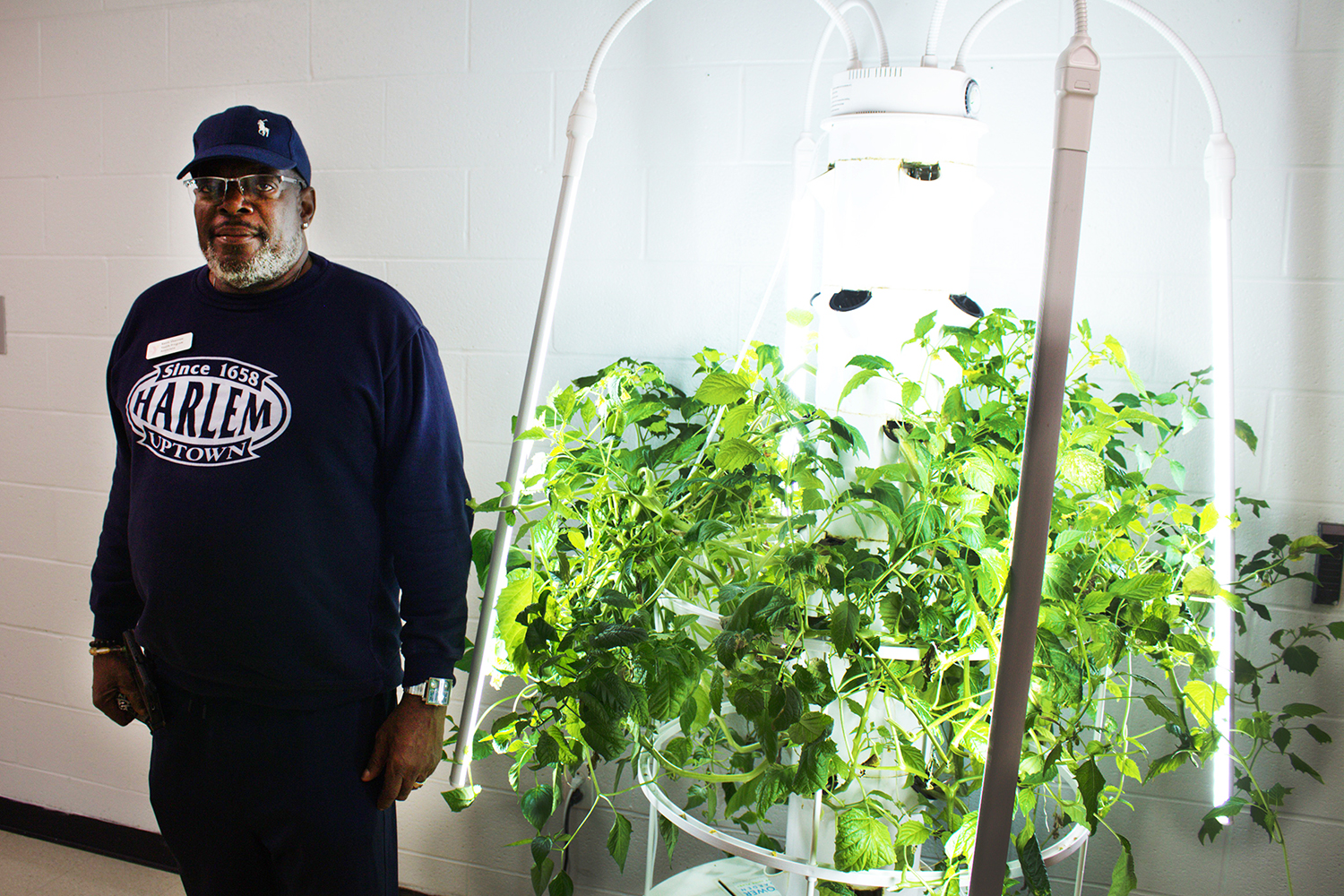
The study of religion – and what it does to the brain – is booming. But much of the time, information about the biology of religion isn’t shared quickly with researchers in other disciplines such as anthropologists, psychologists, economists, and philosophers who are studying other aspects of religion.
So Richard Sosis, an associate professor of anthropology in the College of Liberal Arts and Sciences, and two colleagues at Boston University decided to found and co-edit a new journal on the biological study of religion. The journal, Religion, Brain & Behavior, will be launched in 2011 and will be published by Taylor and Francis under the Routledge imprint.
“The time is right for this publication,” says Sosis. “The biological study of religion has been growing rapidly, especially in the last couple of years. The journal is multidisciplinary and will publish research on religion from various approaches, including cognitive science, neuroscience, and evolutionary biology.”

Although researchers in many fields study religion, he says, there is a lack of communication between disciplines. “One of the goals of the journal will be to provide a central location in which scholars can find out what the latest research shows. We want to facilitate dialogue between researchers.”
The journal will begin with three issues next year, becoming a quarterly publication in 2012, Sosis says.
He says scholars today are looking not only at the meaning of religious rites and discourse, the economics of religion, and other issues, but also into the biological effects of meditation, ritual, prayer, and other religious practices.
Other scholars are also looking into how, from a cognitive point of view, the brain produces religious ideas.
“The journal will fill a real gap in the field. One of the most important aspects of the study of religion is that it is incredibly interdisciplinary. We will be publishing research articles to present the latest findings, but we will also publish target articles that will give authors the opportunity to advance theoretical arguments,” Sosis says. “We will invite other researchers, including religious studies scholars, to respond to these target articles. We hope to generate a discussion between scientists and scholars in the humanities, all of whom have a wealth of knowledge about religion.”


